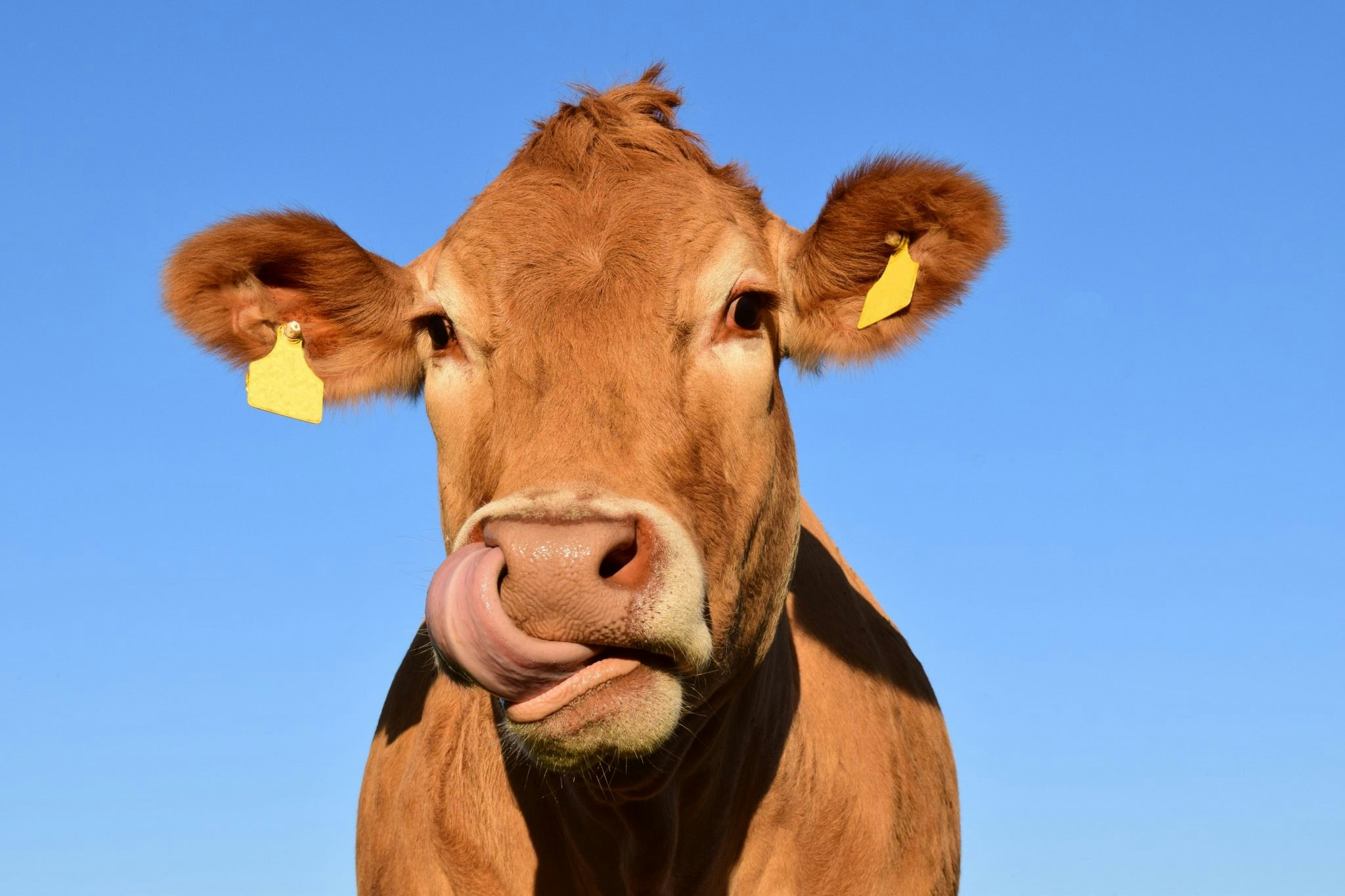Eating less meat to cut down greenhouse gas emissions is great. But for Ian Wheal, founder of Breedr, a digital exchange for livestock, making supply chains more efficient is even more important.
Growing up on his family farm, Wheal saw first-hand how inefficiencies in the supply chain and a lack of data made life more difficult for his parents. He found that a lot of animals were still sold through physical markets, while many deals were conducted using pen and paper, with people deciding on a purchase based on the looks of an animal alone.
That’s why he set up Breedr three years ago, to digitise the livestock sector while also tackling the environmental challenges of the industry.
Breedr raised £2.2m from investors this year in a particularly difficult time for global supply chains, amid pandemic-induced production drops, skyrocketing demand from China and the fallout from the UK’s exit from the European Union.
The shortages in everything from staff to containers have awoken companies to the benefits of digitisation in supply chains to cut costs and meet increasingly intense customer demand. Coupled with a growing awareness of climate change and global supply chains’ role in it — accounting for more than 50% of annual greenhouse gas emissions, according to BCG — the agriculture sector has been ripe for disruption.
That’s where Breedr comes in.
The app provides an online marketplace for livestock and also features a data platform where buyers can access in-depth information about the animals, such as their medical records. Wheal said around £600k worth of cattle moves through the platform each month. He is now working on creating a financing product that will provide advanced payments to farmers, he tells Sifted.
“For most farmers it takes up to 20 months for an animal to grow and during that time they get no return. So we can release cash flow to that farmer and create this traceable supply chain,” he says.
The app also has trials running in Australia and the US, with plans to roll out the platform internationally in the second quarter of next year.
Environmental impact
By linking up the supply chain and providing farmers with data on their products, Wheal believes livestock production can become more environmentally friendly.
“Farmers can get information on their cattle and how to improve. You can improve their welfare and the better the welfare, the better the animal will grow and have less environmental impact,” he says.
“If we take the animal supply chain, because it’s methane, if we can have an impact, that can have a huge effect on the climate. There is a big opportunity to produce the same amount of food but if you’re more efficient, it can have an immediate impact on cooling the climate.”
Meat accounts for 57% of all food production emissions, a recent study has found. But emissions from UK beef are around half the global average, according to the government’s Committee on Climate Change. Agriculture overall accounts for 10% of the UK's total emissions.
And according to Wheal, farmers on Breedr are 14% more environmentally efficient than the UK average, and for the top 20% of farmers on the platform that rises to 30%.
While Breedr cannot solve the issues underlying staff shortages, it can increase market access and expand the reach of farmers by moving them off local markets and onto digital ones.
Rise of B2B marketplaces
The livestock industry is not the only one that’s been targeted by startups hell-bent on digitisation. B2B marketplace startups have raised €36.2bn globally this year year to date, compared with €15.4bn in 2020 and €15.9bn in 2019, according to Dealroom data. In Europe, they’ve raised €8.2bn, up from €3bn in all of 2020.
There are even dedicated funds targeting the sector, like Sova VC, which launched at the end of 2020, looking to invest more than €50m in early stage companies in the B2B marketplaces sector.
“I felt for a long time that the overall verticals where the B2B industries were being disrupted weren’t sufficiently funded,” managing partner Alex Chikunov says. “It turns out it is still done by pen and paper, people are still calling each other to arrange a deal and a very old style of conversation is going on.”
Indeed, a fifth of manufacturers who responded to a Grant Thornton survey last year said their supply chains were still largely analogue.
B2B marketplaces have the potential to provide visibility across the supply chain from procurement to financing. But the collaboration between the different parts of the supply chain are currently “very poorly done” according to Fraser Robinson, founder of Beacon, an integrated supply chain platform, which raised $50m from investors including Jeff Bezos in October.
Instead of focusing on one industry like Breedr, Beacon’s platform can be used across a variety of industries. But the end goal is the same — provide visibility across the supply chain to help businesses address the big challenges they face.
“Some of the biggest issues today relate to the fact that there is no ocean capacity, it’s hard to get containers on ships and more specific to the UK there is a driver shortage… as the price to move a container has gone through the roof, [businesses’] transport costs have gone up by five times,” he explains.
Although Beacon isn’t able to create more capacity, it can help businesses reduce costs in other parts of their supply chain.
“Transport costs have gone through the roof, so now is the time to make it more efficient. It provides you with all the data and the visibility to tell you which parts of your supply chain are working well and where you can generate cost savings,” Robinson says.
While Covid-19 has accelerated some of the trends in the sector, the complete reversal of consumer expectations driven by the rise of ecommerce is the main driver of digitisation in supply chains, in Robinson’s opinion.
“It’s no longer good enough to have a sloppy supply chain, you now have to have a finely tuned one,” he said.


